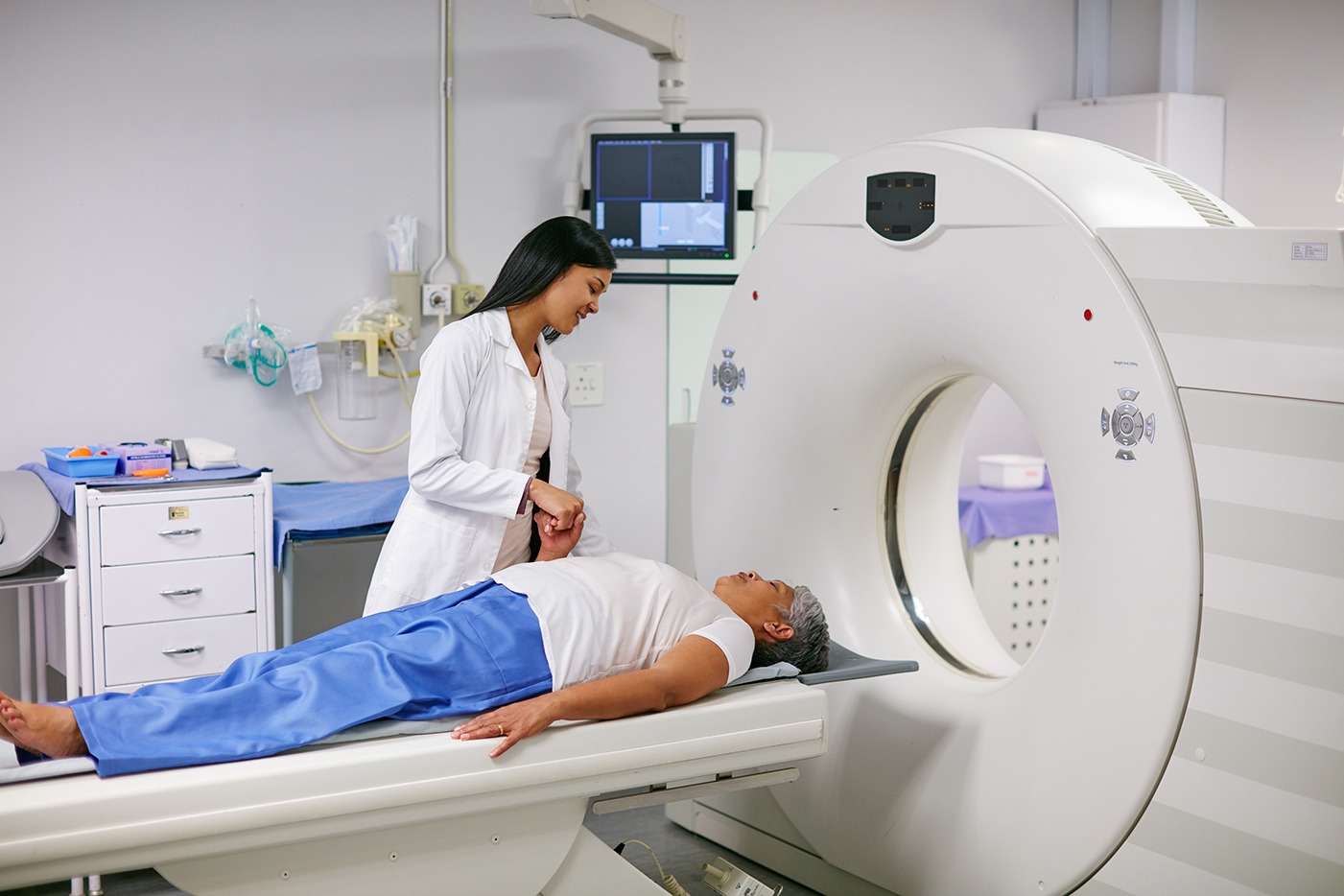Why is an MRI Head Scan Necessary?
1] Brain Tumors and Cancers: An MRI is one of the most accurate imaging methods for detecting brain tumors, both benign and malignant. It can also help determine the location, size, and type of the tumor.
2] Stroke and Blood Vessel Abnormalities: An MRI scan can identify blockages, hemorrhages, or other irregularities in the brain's blood vessels. It is particularly useful for detecting strokes, aneurysms, and vascular malformations.
3] Neurological Conditions: MRI scans are key for diagnosing neurological disorders such as multiple sclerosis (MS), Alzheimer’s disease, and Parkinson’s disease. It can also help assess conditions like epilepsy, which might cause seizures due to abnormal brain activity.
4] Head Injuries: For patients who have suffered a head injury, an MRI Scan can assess damage to the brain, such as contusions, hemorrhages, or signs of concussion. It’s particularly valuable in detecting subtle changes that might not be visible on other imaging techniques.
5] Infections and Inflammation: Infections like meningitis or encephalitis, as well as inflammatory conditions like encephalopathy, can be diagnosed or ruled out with the help of MRI scans.
6] Chronic Headaches and Migraines: MRI can help doctors rule out serious conditions that might be causing chronic headaches or migraines, such as tumors, aneurysms, or vascular malformations.
7] Hydrocephalus and Brain Atrophy: Conditions like hydrocephalus, where there is an abnormal accumulation of cerebrospinal fluid in the brain, can be detected. Similarly, MRI can be used to assess brain atrophy (shrinkage), which occurs in degenerative conditions.
Advantages of an MRI Head Scan
1] High-Resolution Imaging: One of the key advantages of an MRI head scan is its ability to produce high-resolution images of soft tissues, which allows for early and precise detection of many brain-related conditions.
2] Non-invasive and Safe: Unlike some diagnostic procedures, MRI scans do not require the use of needles or invasive procedures. Additionally, they do not use ionizing radiation, making them safer for repeated use.
3] No Recovery Time: Since MRI is a non-invasive imaging technique, there’s no need for recovery time. Patients can resume their normal activities immediately after the scan.
4] Multi-dimensional Imaging: MRI head scans provide detailed, multi-dimensional images of the brain. This allows doctors to view the brain from multiple angles, providing a comprehensive understanding of any underlying conditions.









